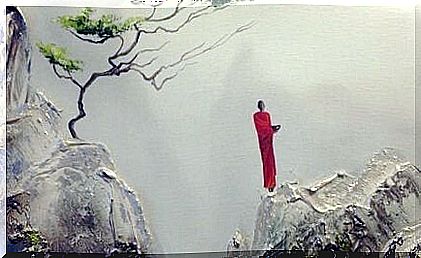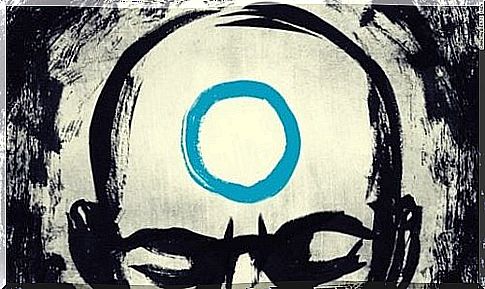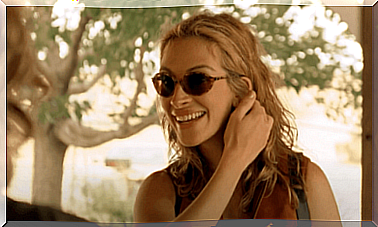The Zen Doctrine Of Fear – The Three Types

The Zen doctrine of fear is also a lesson about the ego. Masters in this particular philosophical discipline say that if the ego were an engine, fear would be its fuel. They believe that there are really only three types of fear, and that they are all linked to what we call the ego.
From this perspective, all the fear people experience is rooted in two specific things: attachment and ignorance. Attachment makes you vulnerable because it involves fixing your thoughts, feelings and desires on something external. This gives way to the first type of fear: losing what you are attached to.
Ignorance, on the other hand, puts you in a state of uncertainty and doubt. In that state, it is easy to be afraid. Not being able to accurately recognize danger or risk and not knowing how to face it makes you feel insecure and scared. The Zen doctrine of fear tells us that there are three fears that arise from these two sources.
The Zen doctrine of fear
1. To stay alive
A Zen doctrine of fear states that the most basic fears people have are losing their lives. We identify loss of life as loss of body. Humans are physical beings, and our bodies are our most elemental reality. We inhabit our bodies and the fear of losing our body is the fear of no longer being.
This fear is the same as being afraid to die. But death is not just the end of bodily functions . There are also other stages of bodily loss on the road to death. You may lose abilities, youth, self-esteem or the normal functioning of the body.
The Zen doctrine of fear shows us that you can use your body to make those fears disappear. This fear is physical. If you expel your fear from your body, it will also leave your mind. What you should do is be aware of the physical feelings of fear. Then you should take a deep breath, calm down your fast heartbeat and relax your muscles.

2. Loss of self-esteem
Fear of losing yourself can also be called fear of change. You begin to think that you are what you used to be. Thus, you feel that your being is composed of the activities you do every day, the rooms you occupy, and the people you see regularly, among others.
You become so used to seeing yourself in this way that you fear change. You are afraid of what might happen if the context changes and you are exposed to something new. This is when the fear of losing yourself arises. You also feel the fear of not knowing what to do or how to act. It is a kind of fear of being dissolved, of not being.
Zen teacher of fear claims that you can get rid of these fears with deep breathing exercises. From this point of view, the stomach is a source of strength. They say that the stomach is the source of our peace and strength. They recommend deep breathing (or breathing with your stomach) when you feel this kind of fear.

3. Fear of suffering
In general, suffering is anything that causes wear and tear on the nervous system. It gives an uncomfortable and tiring feeling. Suffering is related to limitations, frustrations and unsatisfied desires. It can be very intense and paralyzing.
The way to overcome the fear of suffering, according to Zen doctrine, is to work for spiritual growth. As you begin to see everything that happens to you as an opportunity to grow, the fear of suffering will disappear little by little. You need to start seeing physical and emotional pain as something fleeting that will help you become a better person.
Zen masters tell us that suffering is a mental phenomenon. It happens when people give a positive or negative meaning to their experiences. As such, how much each of us is willing to suffer depends on us. We determine and control our fear of suffering.
All this Zen doctrine of fear reminds us that we are the ones who feed our fear or work to get rid of it. The best way to feed fear is to let your imagination run wild without having specific information. Resistance to change and the natural cycles of life also bring fear. However, some situations are inevitable. No matter how hard you try to avoid them, and as much as you fear them, they will still reach you again.









